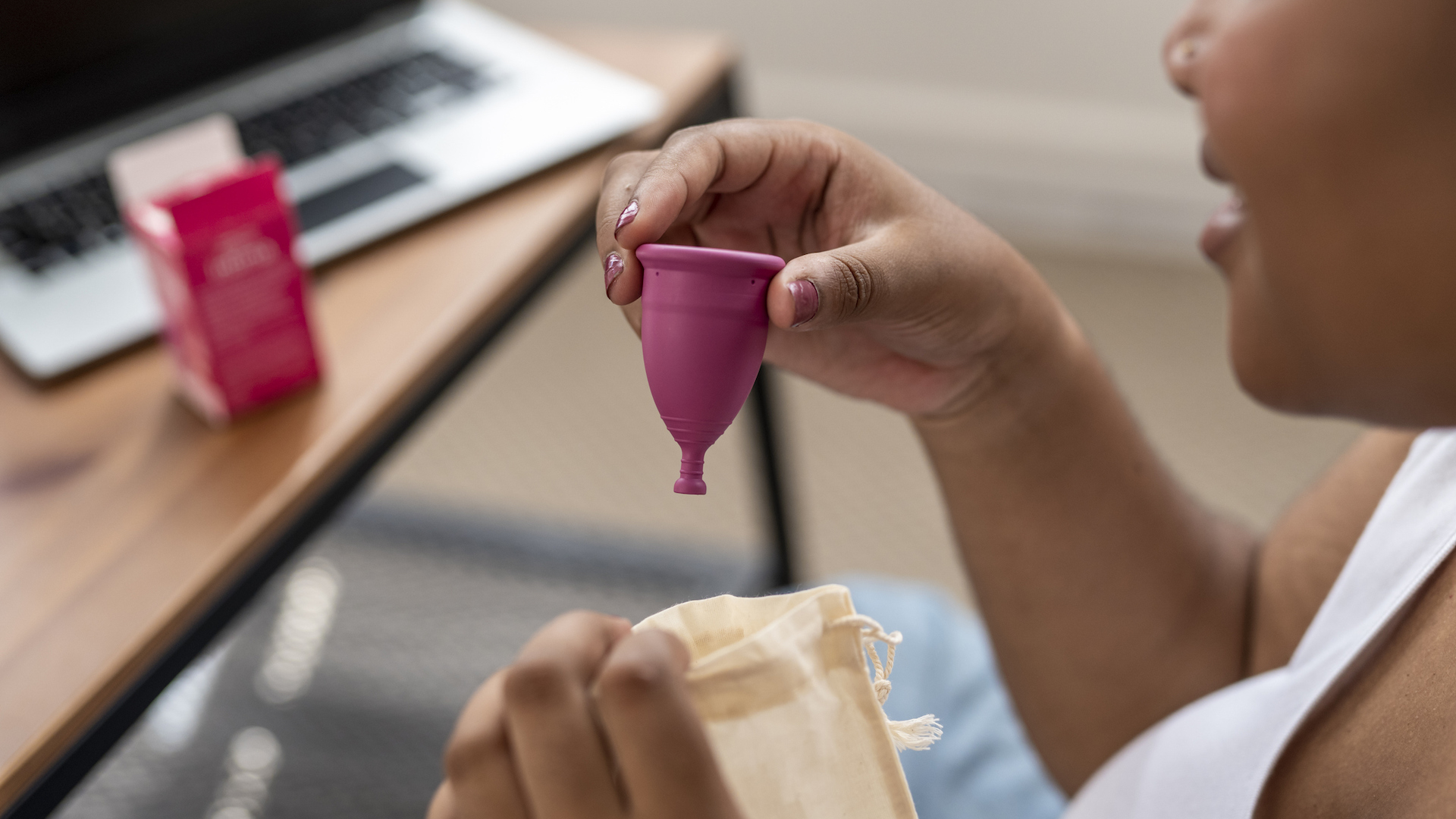Hales, who is researching menstrual health and hygiene in refugee camps, said that UK employers shouldn’t take for granted that their facilities are suitable for people who menstruate.
“There is this negative connotation of periods as dirty and disgusting, but there’s also this notion that if you’re a person that doesn’t menstruate then it’s not your responsibility to consider it.
“We’re becoming more environmentally friendly as a country, so more people are using menstrual cups, which are reusable and should be rinsed between uses. But if the toilet facilities in our workplaces don’t have private sinks, this could be leading people to have infections, and then becoming ill and needing to take time off work.”
Scotland became the first country in the world to make period products free to everyone in 2021, making sure that anyone who can’t afford tampons or pads, or has been caught short, can get products free of charge.
Yet almost a third of working women in the UK said they have had to use makeshift materials such as toilet paper or fabric to manage their periods at work. Shame around periods, despite being a normal bodily function, means that half of those surveyed said they hid their period products on their way to the bathroom at work to avoid feeling embarrassed.
Your support changes lives. Find out how you can help us help more people by signing up for a subscription
WaterAid surveyed 2,000 British womenand people who menstruate who work on site, such as in an office, warehouse or shop, finding that free period products, flexible working and additional breaks were the top things they felt employers could do to help them manage their periods.
“Providing period products is a minimum baseline and should be offered by all workplaces ,” Rachel Grocott, CEO of period poverty charity Bloody Good Period, told The Big Issue, citing the near universal provision of soap and toilet paper in office toilets.
“But more than that, bloody good employers also develop their culture and communications around periods, making sure that staff and managers know about periods and menstrual and menopausal health needs, and actively engage in inclusive, shame-free conversations about periods,” she continued.
In a European first, Spain recently passed legislation that gave people who menstruate the right to take paid leave when they are experiencing disabling periods, which can cause severe cramps, fatigue, and conditions such as premenstrual dysphoric disorder (PMDD) that can cause severe mood changes.
“People tend not to progress or stay in organisations they don’t feel supported by,” Francesca Steyn, director of fertility and women’s health at digital-health company Peppy, told The Big Issue.
“A distinct lack of policies and measures in place to support women with menstrual health inevitably leads to issues around productivity and causes staffing attrition as people are forced to take time off work or leave work.”
“This is clearly bad for business,” she added.
Do you have a story to tell or opinions to share about this? We want to hear from you. Get in touch and tell us more.









